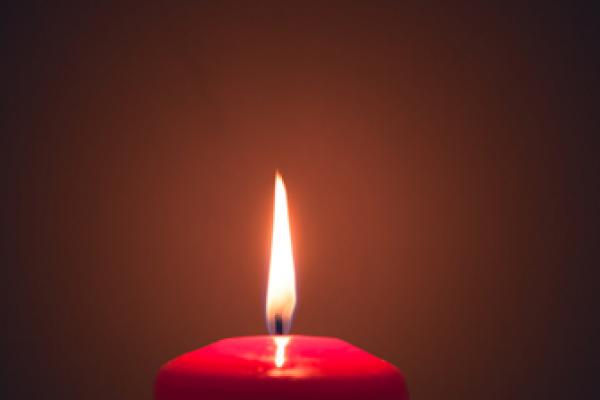So, I'm wrangling with Lillian Daniels. Smart. Savvy. Informed. Yep. I respect her a great deal. And I disagree with her assessment of the "Spiritual But Not Religious" Thang almost completely. In a recent email exchange (where I got rather worked up, I admit), I offered a response to a comparison a friend made between Jonathan Wilson Hartgrove and Lillian Daniels, their visions, and their understanding of Christian community (Johnathan, for those who don't know, is a Baptist minister and new monastic serving at Rutba House).
Jonathan is a monastic. He has a very rigorous sense of a call to Christian community, of how one follows the way of Jesus the Christ. Read the twelve marks of a new monasticism and get a sense of his understanding of Christian "intentional" community. My understanding from Daniels' work is that it is far more rigorous than her congregationalism (even though the UCC has roots in a congregationalism that might today be called monastic if they were to live into the fullness of it.)
Read the Full Article

